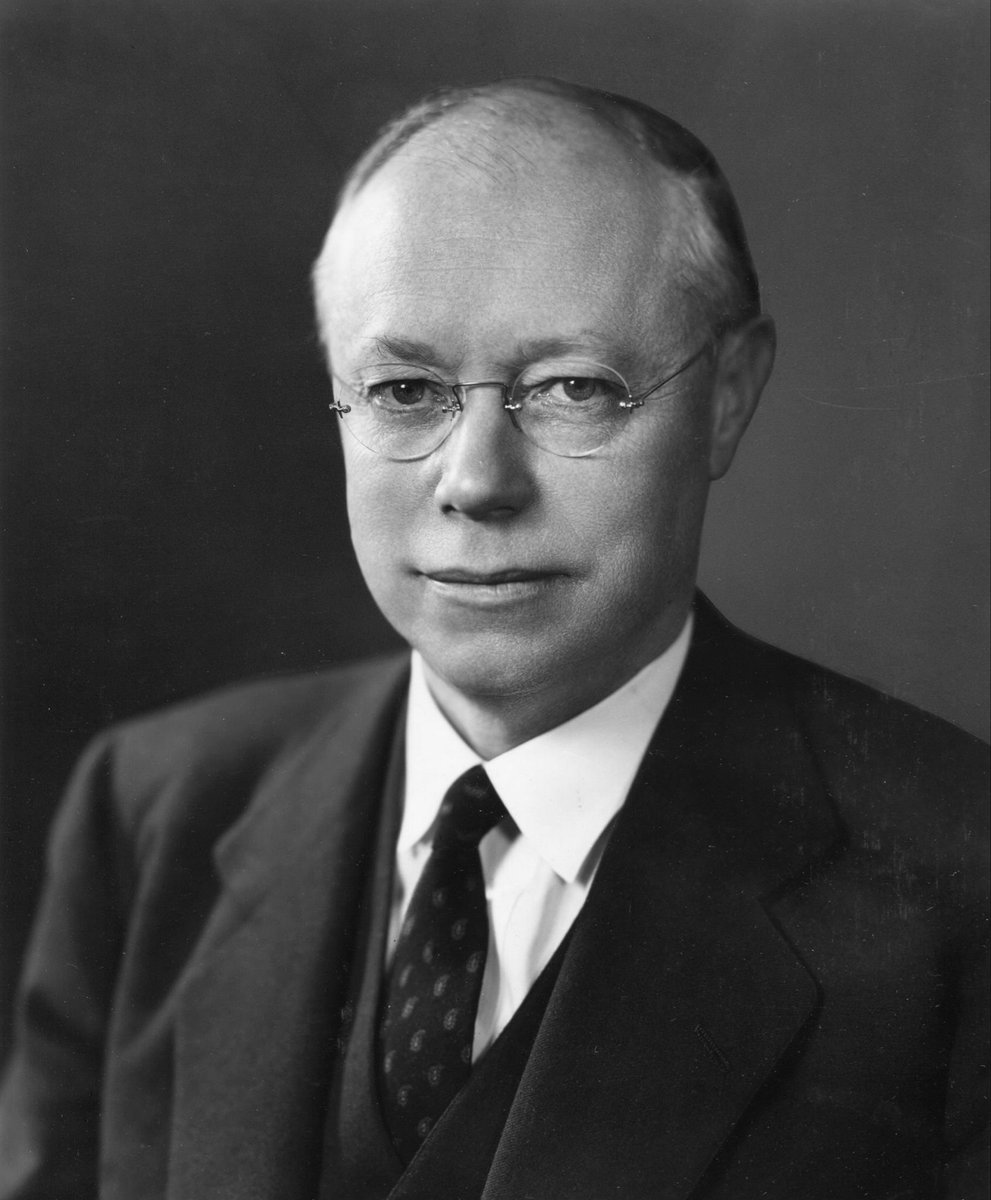Why were the real federalists of the founding era—the ones who believed in a league of sovereign states—branded “Anti-Federalists”? And why does this matter today? How does this relate to the growth of the Deep State managerialist nightmare? 

The answer is not pedantic history. It reveals how language itself is a weapon, how elites invert meaning to consolidate power, and why local self-government is always the first casualty of empire.
Originally, “federal” meant a covenant (foedus): sovereign states cooperating in alliance. The “Anti-Federalists” defended this. The so-called “Federalists” rebranded the term to bless centralization.
It was a propaganda coup. Supporters of the Constitution seized the name “Federalist” to present themselves as the friends of unity. Their opponents were stuck as “anti-”—negative, reactionary, obstructionist.
This is why the truly federalist faction—Jefferson, Patrick Henry, the country party—became known forever by a name they never chose. Their vision was local liberty; their legacy, rhetorical defeat.
Sam Francis saw this pattern clearly. Elites capture language, hollow out meaning, and stigmatize dissent as “anti-.” The Federalist/Anti-Federalist inversion is a perfect example of the managerial trick.
Francis argued that conservatives lose because they accept the other side’s framing. “Anti-communist,” “anti-racist,” “anti-democratic”—it is always negative identity. This is not an accident; it is a weapon.
Angelo Codevilla picked up the same thread in his Ruling Class thesis. America today is ruled by a bipartisan oligarchy that monopolizes legitimacy. They win not by persuasion, but by delegitimation.
For Codevilla, the “country class” (ordinary self-governing Americans) are the heirs of the Anti-Federalists—suspicious of elites, jealous for local autonomy. But like the Anti-Federalists, they are forever branded as “anti-.”
Chantal Delsol, in Icarus Fallen, provides the civilizational key. Once transcendence is abandoned, politics collapses into administration. The state becomes not guardian of order, but manager of needs.
Without truth, politics is only technique. That is why the centralizers could hijack the word “federal.” Abstraction and administration triumphed over covenant and community. The smothering bureaucracy was born.
So the misnaming wasn’t just clever branding. It was the start of a civilizational inversion: the loss of real federalism, the birth of Leviathan disguised as the embodiment of “the people.”
Francis warned that to kill Leviathan might take the energy of nationalism itself. Paradoxically, the nationalist surge can supply the power to topple managerial centralism—even though nationalism is itself dangerous to federal liberty.
This is the paradox we face: only a nationalist revolt has the force to break the ruling class, but the true goal must be restoration of federalism—self-governing communities rooted in place and transcendence.
The Anti-Federalists were not reactionaries. They were the real federalists, the guardians of covenantal order. Their defeat was the first victory of the managerial class—a class that still rules us today.
The lesson is enduring: liberty cannot survive when elites dictate the language of politics. What was lost in the misnaming of the Anti-Federalists was not only a debate, but the very grammar of self-government. To resist Leviathan, we must reclaim the language.
• • •
Missing some Tweet in this thread? You can try to
force a refresh









